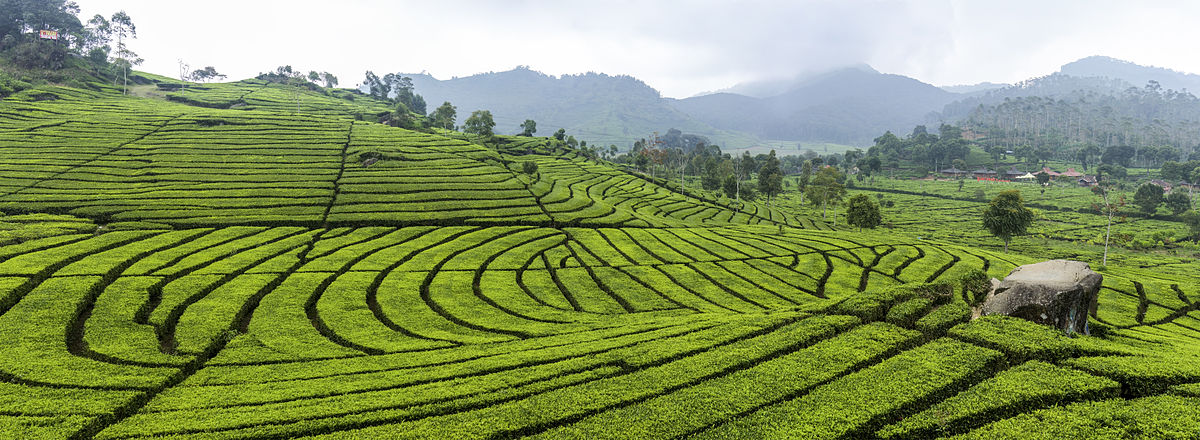Week 2: Synthesis Paper
Red Emma Speaks: Selected Writings and Speeches by Emma Goldman
Chomsky on Libertarian Socialism, video
“Emma Goldman: An Exceedingly Dangerous Woman,” documentary
A Dangerous Woman in a Dangerous World
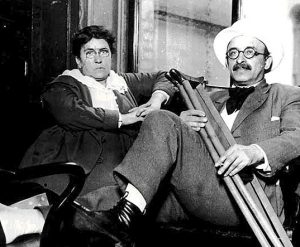
Noam Chomsky calls state socialism an inherent contradiction. The way the bolsheviks seized power in revolutionary Russia is against a libertarian socialist (anarchist) platform of free assembly, free speech, and anti-authoritarianism. He has stated that if leninists are placed in the so called far left, then he wants no association with the term. The scene Emma Goldman arrived to in 1920 Russia was nothing she could have possibly imagined. She had spoken and lectured in support for the Bolsheviks while in America before her deportation. This was not the socialist revolution she dreamed of, that she had hoped for. It was a horrifying scene.
To read the full paper, please follow this link:
https://docs.google.com/document/d/19ScU22YtMGhD_P2jv8rGcIToeQhgiECq1IFeWvqaQjo/edit
Week 3 Synthesis Paper
Anarchy by Errico Malatesta
Mutual Aid: A Factor of Evolution by Peter Kropotkin
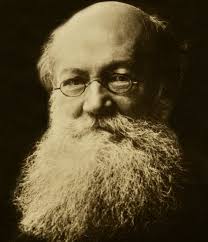
Kropotkin’s theories would have major repercussions on how our society would measure personal success and progress. He said that mutual aid leads to mutual confidence, which is what he calls the first condition for courage, as well as individual initiative, what he calls the first condition for intellectual progress. Two skill sets that seem to be caught up in individualism, and the hero’s journey archetype in our culture, it’s being re-introduced with their respective roots in a narrative centered on the collective. This brings me back to the Paris Commune. A large number of that population died for an idea, and died defending each-other. I believe they felt what I would call a primal instinct of collective compassion. What courage and intellectualism truly feel like in a context of true direct societal meaning.
To read the full paper, please follow this link:
https://docs.google.com/document/d/17gXe1SNn4Q23aH0OBOYwN4Y4aGv50upyPZ-sCMFoGpI/edit
Week 4 Synthesis Paper
The Mass Strike by Rosa Luxemburg

“The Mass Strike: The political party and trade unions was written just after the 1905 revolution in Russia. Within this writing Luxemburg’s take on social change seems to repeatedly show an evolutionary mindset, something that is pretty consistent in marxist theory. This means that she believes in what I would call incremental revolutions. I would distinguish this from a reformist platform by the end goal of being overthrow of the bourgeoisie and general expected tactics that are not typically associated with reformist movements. Her main historical argument against more libertarian forms of social revolution is embedded in her experiences seeing the crushing blowback of the state after insurrectionary tactics.
To read the full paper, please follow this link:
https://docs.google.com/document/d/16jM_LMnkdITXFzu28mN380iRivqNglAx8qUd6EG1Wgw/edit
Week 5 Synthesis Paper
Scarcity Anarchism by Murray Bookchin
Democratic-Confederalism by Abdullah Ocalan
Against the local by Alex Williams
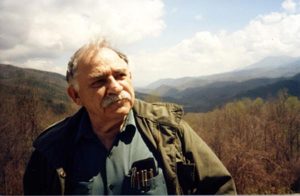
Murray Bookchin is one of the most renowned american anarchists in the latter half of the 20th century. His ideas self-admittingly can border on the utopian, but in his words, at least they are tangible. Bookchin argues that the technological tide of automation can be a tool liberation for the worker, rather than as a weapon of unemployment under capitalism. He advocates for free association in communities, the merger of the ecological and the postmodern technological. Abdullah Ocalan is a political prisoner and lead organizer in Rajava’s free association movement. He was the leader of the PKK (a marxist-leninist group), and found the writings of Bookchin while in prison. He took great influence from the american anarchist and development models of self-organization that he calls democratic confederalism. In which there are tiers of geo-specific councils from commune to region, and social commissions, that interface with resources such as defense and energy.
To read the full paper, please follow this link:
https://docs.google.com/document/d/1eUMHx6DyCx1r5vgaG_dPbpqDHNXryI2euHrkDMEKbsI/edit
Week 6 Synthesis Paper
Greer, T.S (1996) A lifelong Anarchist!, Ignacio hills press
P.B.S. (2016) The MIne Wars, American Experience series
Green, J (2006) Death in the Haymarket, anchor books
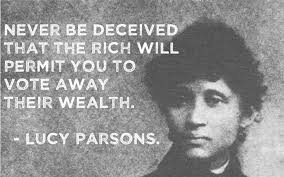
“What matters it whether you give the feed and clothes to the slave direct, or whether you just give him enough in wages to purchase the same?” – John Adams, 1787
This week we look at the history and lectures of Lucy Parsons, a former slave and radical activist from reconstruction in Texas, to the great upheaval in Chicago, to the beginnings of the IWW the following century. She spoke with such a tenacious bite and cut-throat vigor that could only come from a person who became a scholar of their own severely oppressed background. We take a look at the West Virginia coal wars (1912-1921), the largest insurrection on U.S. soil since the civil war. Playing big roles are union activist and agitators Mother Jones and Frank Keeney, and the efforts of the United Mine Workers of America to organize workers to confront complete corporate tyranny.
To read the full paper, please follow this link:
https://docs.google.com/document/d/1Mcz692s808797hzcr4PiwJbzeyaMZBno6dlD7n-bsJA/edit
Week 7 synthesis paper
Dupont, M. (2003) Nihilist Communism, The Anarchist Library
De Cleyre, V. (?) The Economic Tendency of Freethought, The Anarchist Library
De Cleyre, V. (?) Direct Action, The Anarchist Library
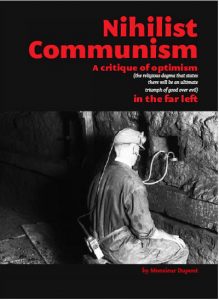
Dupont states that social movements do not lead to revolution, only a series of economic events that pressure individual groups to become more proactive in a selfish manner can do that, and only that. Nothing else has any lasting power. It is in at that time that groups coalesce with each other; or in other words unity is not a precondition for, but is created through struggle. Along those lines they think critically of politicizing the working class into a social category that is another thing the capital makes them out to be. They are the ones operating the mechanisms that drive capital, and in that they are crucial to challenging the current system, but there is no working class culture, or inherent shared political ideals, and there never will be. They insist on these groups keeping their demands as economic as possible, politicizing leading them farther not closer to their goals. Keeping demands on economic terms “they can stay on course for naked conflict with the bourgeoisie” (Dupont)
To read the full paper, please follow this link:
https://docs.google.com/document/d/1VDwpVGoSE-BPTFdD3Lzq_Wnsmfdnop-akSJYl3UjKH4/edit
Week 8 synthesis paper
Debord, G. (1994) The Society of the Spectacle, Zone Books, New York
Dupont, M. (2003) Nihilist Communism, The Anarchist Library
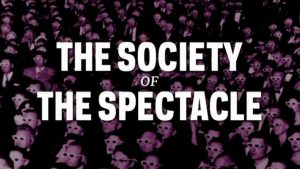
“The commodity emerged in its full-fledged form as a force aspiring to the complete colonization of social life” (Debord 29)
“It emerges from a social unconscious that was dependent on it without knowing it. Whatever is conscious wears out. Whatever is unconscious remains unalterable”(Debord 34) To me this speaks in similarities to Dupont’s sentiments about inciting revolution, inciting change. Taken the notion of the spectacle full on, you would reach the conclusion that we all have deep psychological distortions that make imagining anything out those parameters, (especially as Dupont points out, imagining without survival incentives) impossible. On the other hand the inventions of the unconsciousness remain mystified and uncontrollable; they are ever turing like magma below earth’s crust, but to predicate any systematic agenda based on when lava spews would obviously be in vain.
To read the full paper, please follow this link:
https://docs.google.com/document/d/1u9idOMSFsaT2_JX90ke2wDpbmHvoIOcETzELsVvDTPc/edit
